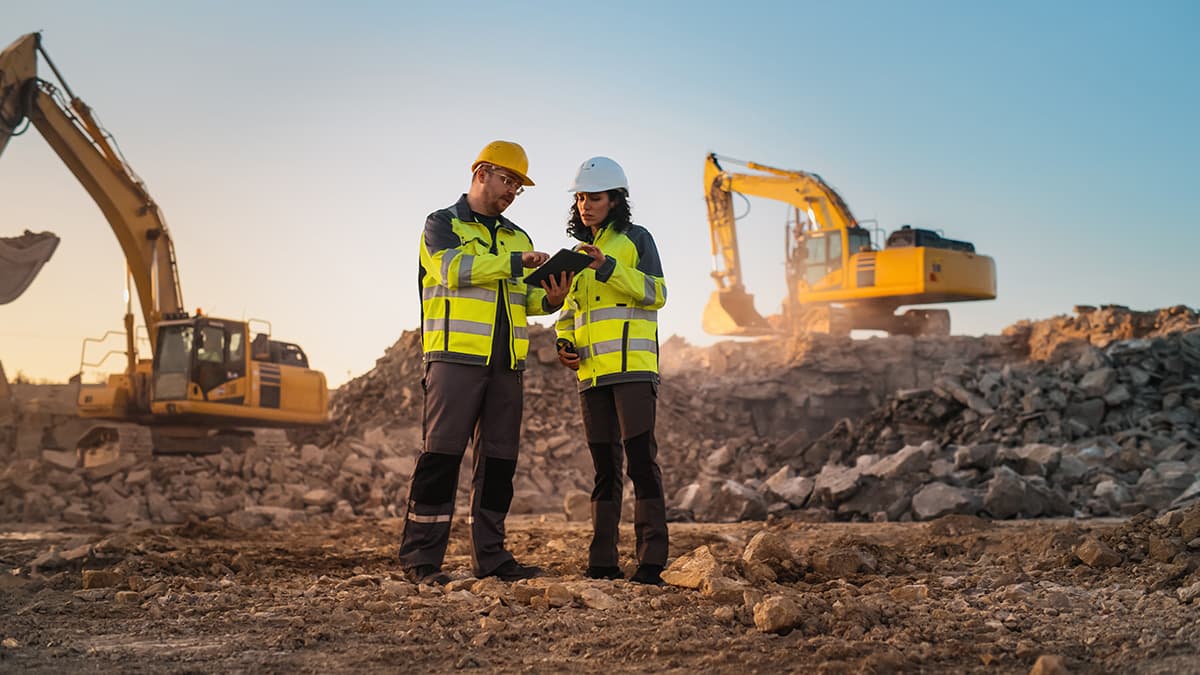Until recently, city leaders and urban planners viewed smart technologies as mere tools for enhancing behind-the-scenes efficiency. Today, technology is seamlessly integrating into residents' everyday lives. As cities become smarter, they are transforming into more livable and responsive spaces. And this is just the beginning—what we're witnessing now is only a glimpse of technology's full potential in shaping the urban environment of the future. Smart City technologies are expected to become a $100 billion industry in 2024 and projected to reach $165.8 billion by 2028. According to Statista, global revenue from smart city technologies rocketed from $37.5 billion in 2018 to nearly $90 billion last year—a staggering 140% growth! This incredible surge underscores the rising importance and impact of smart city innovations on our urban landscapes.
.jpg)
Decoding the impact on daily urban living
Consider your daily commute. In the smart cities of tomorrow, real-time data and advanced traffic management systems could slash your travel time by 15-20 per cent. Imagine no more fruitless circling for parking spots or being left in the dark about transit delays. These aren't just conveniences; they're quality-of-life improvements that add up. In some cities, this could mean reclaiming 20-30 minutes of your day, every day.
But the impact of smart technologies extends far beyond commuting. In healthcare, remote patient monitoring and telemedicine could reduce the global disease burden by 8-15 per cent. In environmental terms, smart applications could cut emissions by 10-15 per cent and reduce unrecycled solid waste by 30-130 kilograms per person annually. These aren't mere statistics; they represent cleaner air, healthier communities, and a more sustainable future.
However, the true power of smart cities lies not just in the technologies themselves, but in how they foster community and civic engagement. Digital platforms that facilitate real-world interactions could nearly double the share of residents who feel connected to their local community. Initiatives like Paris's participatory budget, where citizens propose and vote on project ideas, are transforming residents from passive consumers of city services to active co-creators of their urban environment.
India's Smart City Mission
From Ahmedabad's Intelligent Transport System to Pune's waste management initiatives, from Bhubaneswar's immersive citizen engagement platform (Bhubaneswar.me) to Surat's smart water management systems, Indian cities are showcasing how technology can address local challenges and enhance quality of life. However, the mission also underscores a crucial lesson: technology is a tool, not a panacea. For smart cities to truly flourish, they need robust infrastructure, increased citizen participation, and a commitment to sustainability.
The journey to creating smart, livable, and sustainable cities is complex. It requires balancing economic, environmental, and social factors, and navigating the tensions between them. But the potential rewards - healthier citizens, cleaner environments, more connected communities - make it a challenge worth embracing.
As we stand on the cusp of this urban revolution, it's clear that the cities of tomorrow will be defined not just by their skylines or their GDP, but by how well they harness technology to serve their citizens.
CSM Tech’s capabilities in Smart City solutions
.jpg)
CSM Tech leads the way in revolutionizing urban landscapes with cutting-edge Smart City solutions. By leveraging the power of Information and Communication Technologies (ICT), we tackle urban challenges, boost administrative efficiency, and foster citizen-focused governance. Our e-Governance stack seamlessly integrates various urban systems into a unified platform, ensuring smooth service delivery—from online birth and death registrations to property tax management. CSM’s solutions streamline processes, cut down turnaround times, and enhance transparency. Moreover, our platforms promote direct interaction between government and citizens, enabling feedback, grievance redressal, and active participation in urban planning.
.jpg)
CSM’s impact is evident in projects like Bhubaneswar Smart City, AURIC, and Bihar Sharif Smart City. These initiatives showcase increased citizen engagement, improved service delivery, and significant revenue generation, underscoring CSM Tech’s expertise in creating smart, sustainable urban environments. We realise that it's not about imposing a one-size-fits-all digital overlay. It's about understanding the unique needs of each city, its quirks, its challenges, and its aspirations. Building Smart Cities is about crafting urban narratives where every citizen is a protagonist, every challenge is an opportunity, and every street corner tells a story of progress.
What’s the future forward?
.jpg)
The role of emerging technologies in making our cities livable and sustainable is not just significant; it's transformative. These technologies offer us a chance to reimagine urban life, to create cities that are not just smart, but wise - cities that use data and digital tools purposefully to make better decisions and deliver a better quality of life. The true measure of a smart city is not its digital infrastructure, but the smiles on the faces of its citizens as they enjoy cleaner air, safer streets, and a stronger sense of community.
The future of our cities is being written in lines of code, in the glow of smart sensors, and in the collective will of engaged citizens. It's a future that's sustainable, livable, and undeniably smart. And it's a future that's already unfolding, one smart city at a time.


























































We will verify and publish your comment soon.